
Developer: Pie for Breakfast Studios
Publisher: Mega Cat Studios
Platform: Switch, Game Boy
Tested on: Switch
Kudzu – Review
It hasn’t been all that long since we looked at Pixel Trash’s Saga of the Moon Priestess, a retro title that took more than a little inspiration from classic Legend of Zelda games. Developer Pie for Breakfast Studios takes things even further with their latest game Kudzu, however, as they’ve outright gone and created a brand new Game Boy game in the vein of Link’s Awakening. Yes, you read that right: Kudzu exists as a physical Game Boy cartridge, albeit in very limited quantities. Don’t fret if you missed out, however, as a Switch port is widely available on the Nintendo eShop. That’s also the version we’re looking at today, so if you’re wondering if there is more to Kudzu than just its novelty factor, you’ve come to the right place.
Story
Although Kudzu’s gameplay sticks close to the aforementioned Link’s Awakening, the game’s setting is very different. Rather than the medieval fantasy world of Hyrule, we’re taken to a more modern era, where we meet our unlikely hero, Max. He is an apprentice of master gardener Zoen. Max’s adventure starts when he is tasked with delivering tea to Zoen, only to find that the master gardener has left in a rush. Max learns from Zoen’s notes that an invasive plant species, Kudzu, might take over the world if it isn’t stopped. Max decides that his best course of action is to go after Zoen to lend his assistance in putting an end to the Kudzu invasion. Kudzu’s premise strays away from the classic damsel-in-distress trope, and while the story is still as simple as you’d expect, it also oozes charm, not in the least thanks to the humorous writing and delightful cast. Of note is that many of the cast members are based on the developers and their families and pets, which is a nice touch that further cements how Kudzu is a passion project first and foremost.
Graphics
As you can see from our screenshots, we opted to play Kudzu in the color scheme that most accurately mimics the colors of the original Game Boy, although there are a couple of options here, similar to when you put an original Game Boy game in the Game Boy Color. Kudzu isn’t the most impressive-looking game, of course, but the sprite work is more than decent enough, and each of the game’s environments has a distinct look. That said, one thing that irked us somewhat was that the appearance of Max’s equipped garden tool didn’t change: it didn’t matter if you were wielding a rake or a machete, the attack sprites looked exactly the same, which was somewhat irksome. If you’re playing on the Switch, you’re able to fill in the black bars on the sides with frames, but we found that these cluttered the screen and detracted from the retro experience. On the other hand, we would have wanted a better interface, because right now, the game doesn’t relay any essential information like the amount of mushrooms (in-game currency) or hit points Max has, and you need to pause the game and dig into menus to find this vital information.
Sound
Although Kudzu’s soundtrack may not be up there with some of the best that the Game Boy has to offer, the chiptune music is still quite catchy and varied. There isn’t any voice acting here, which is to be expected of course, but what caught us off guard was the absence of sound effects. The lack of simple blips and boops creates a strange sense of disconnect between your actions as a player and what is happening on screen. If there’s one thing we’d immediately change about Kudzu, it’s adding sound effects.
Gameplay
When looking at a game like Kudzu, it’s important to keep the limitations of the original hardware in mind, even if this is a ‘modern’ take on handheld games from thirty years ago. However, even with that caveat in consideration, Kudzu feels too simplistic in some ways, such as with its puzzles, and needlessly obtuse in others, like telling you where to go next in the story. If you’ve played Link’s Awakening, the core formula should be familiar enough: taking control of Max, you’ll venture out into the wilds where you’ll find all sorts of nasty creatures, simple puzzles, and even bosses. Your exploration skills are hampered by whatever equipment you have available, but instead of a hookshot or a boomerang, Max uses his gardening equipment like a machete that lets him chop down plants or boots that let him step over prickly thorns. There are boss battles too, even though there aren’t really any dungeons here. Kudzu’s world is instead divided into four main areas, three of which are outside. It’s pretty standard stuff, but due to its lack of complexity, Kudzu doesn’t hold a candle to similar Game Boy titles like the aforementioned Link’s Awakening or Mystic Quest.
Given Kudzu’s inherent simplicity, it’s both baffling and slightly disappointing that the game didn’t turn out as polished as it should have been. The game’s hitboxes often feel off, resulting in Max taking damage, even though we didn’t think we were in range of an enemy’s attack, for example. Max’s movement is sluggish and getting hit by an enemy or obstacle also pushes him back a fair bit, making it awkward to deal with certain enemies. Combined with a strange and convoluted healing system and spread-out save points, this makes for a game that constantly keeps you on your toes but not necessarily in a fun way. Kudzu also suffers from awkward pacing and requires constant backtracking, and the game’s environments are occasionally a pain to navigate. You’ll need to unlock the map for each area separately, and even then you need a compass to be able to read the maps, which just happens to be a very expensive early-game item. Granted, many of the flaws are accurate to the design sensibilities of the time that Kudzu emulates, but we’d have preferred it had Pie for Breakfast Studios opted for comfort rather than accuracy.
Admittedly, Kudzu gets a lot right as well, for what it wants to be at least. While you might need to resort to a guide to figure out where to go next, the actual gameplay being as simple as it is makes for an enjoyable and accurate retro experience. The boss battles were genuinely fun and made great use of the available tools, and the game’s side quests never failed to put a smile on our face. The game took us roughly six hours to complete, so it certainly didn’t overstay its welcome either. At $4.99, Kudzu feels very fairly priced for what it is, unlike some other retro releases on the Switch.
Conclusion
Had Kudzu been released as an actual Game Boy title back in the ‘90s, it definitely wouldn’t have stood out as an all-time classic, but there is enough substance here to not just dismiss the game as just a curiosity. There are definitely flaws here, but the majority can be attributed to the fact that Kudzu doesn’t just *want* to be a Game Boy game, it *is* one, and as such, Pie for Breakfast Studios had to work within certain limitations. There are things we’d change in a heartbeat, but given that the physical Game Boy version isn’t going to get patched post-release, we’re not holding out hope for a patch. If Kudzu piques your interest in any way, there’s no real point in waiting to pick this one up.
1 Comment
Leave a Reply
You must be logged in to post a comment.

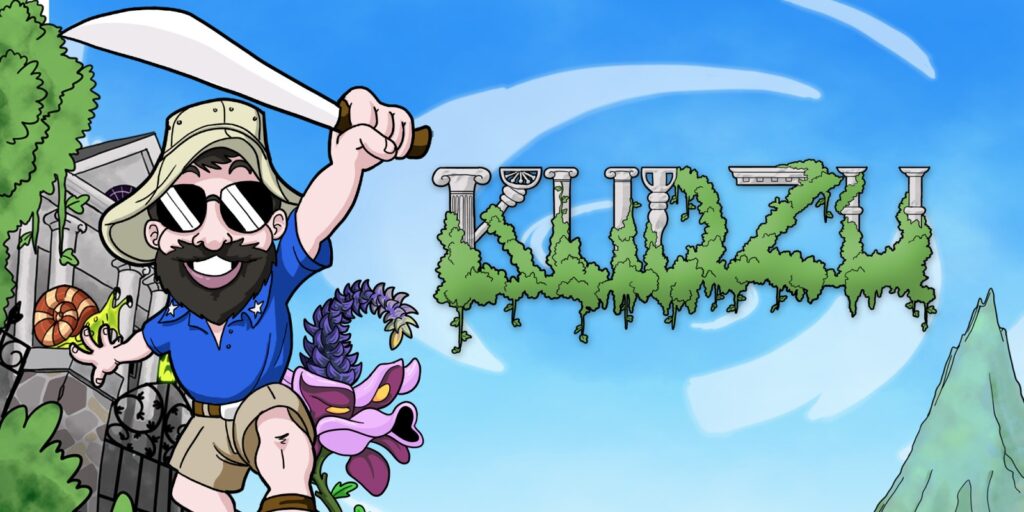
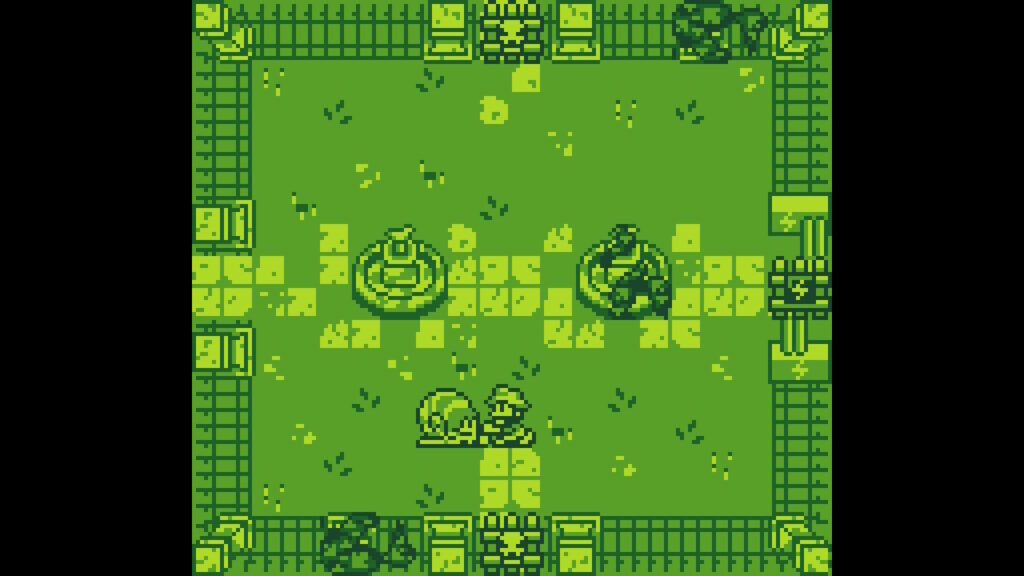
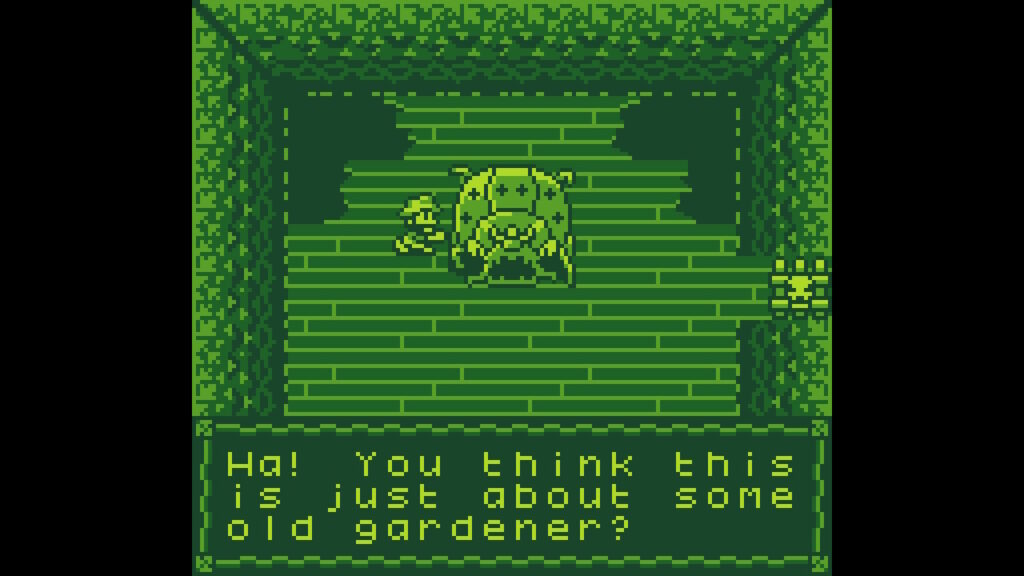
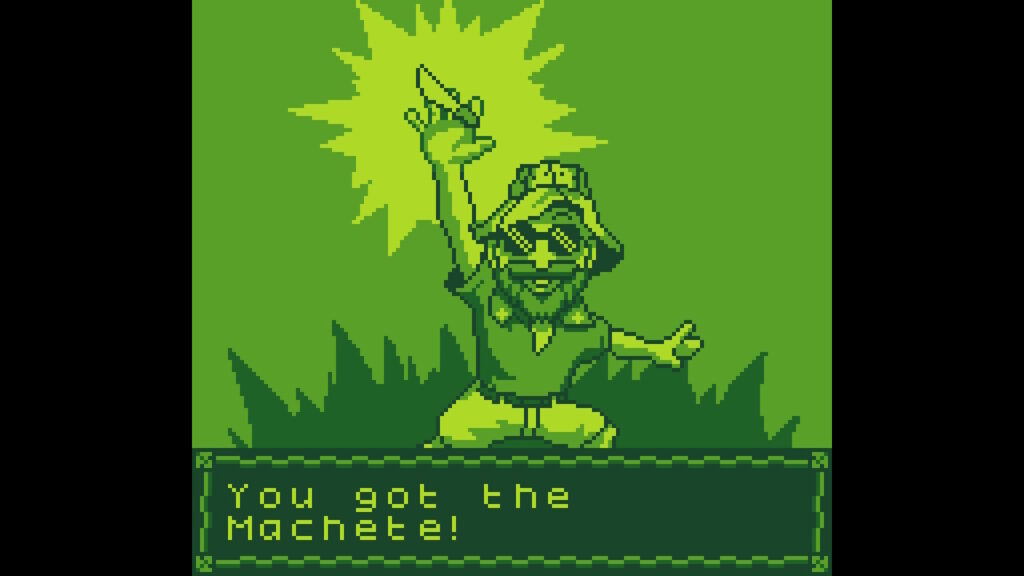
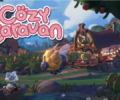
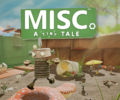


[…] new, but we’ve noticed an increase in games that directly take cues from the Game Boy. There’s Kudzu’s green-tinted aesthetic, for example, and Saga of the Moon Priestess’ legally distinct GBC […]